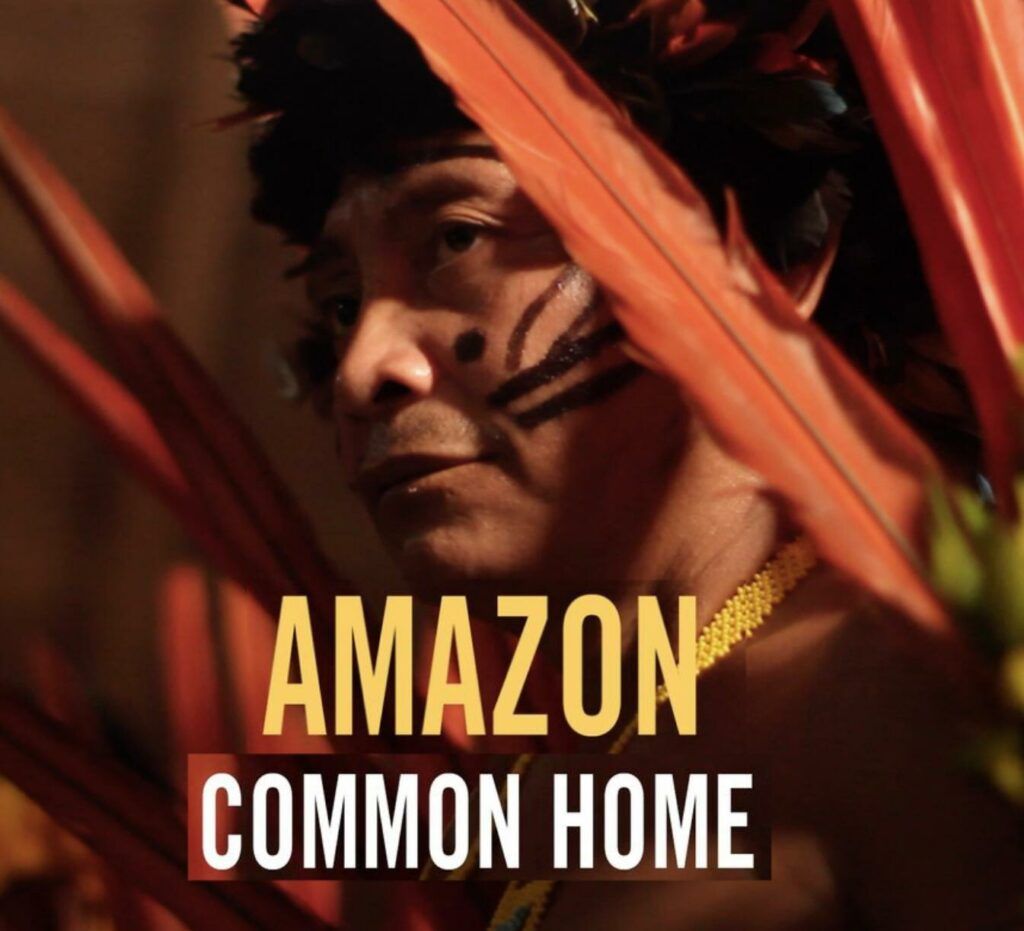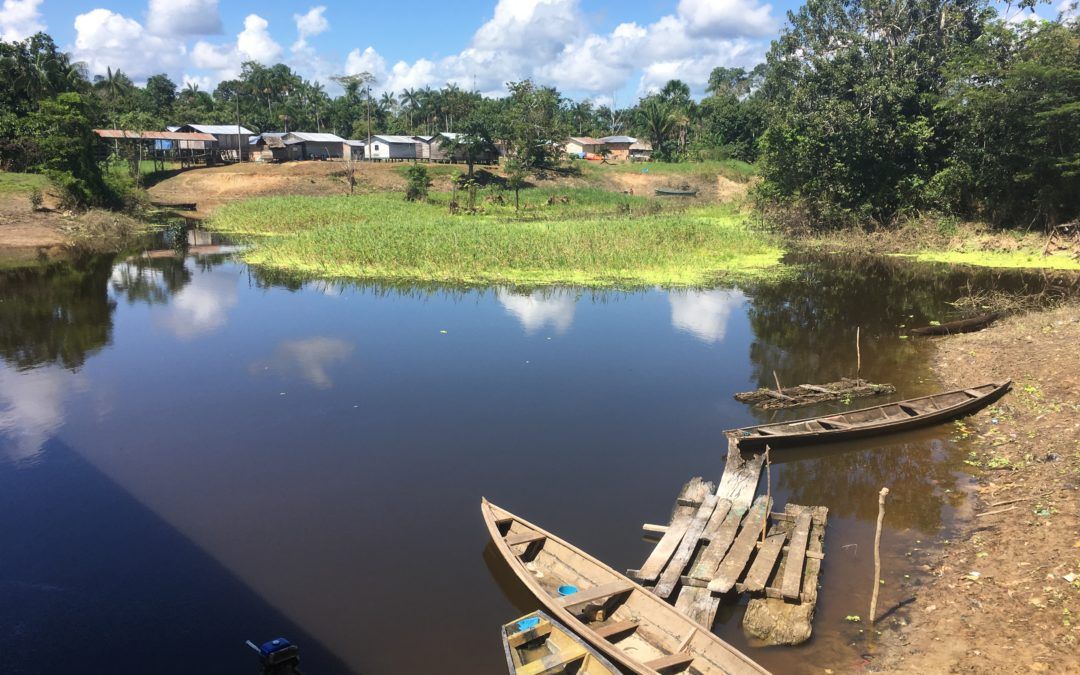Letter for the Feast of Saint Francis 2019
Dear brothers and sisters, may the Lord give you peace!
After converting to the Gospel, St. Francis’s only desire was to live and witness to the Gospel in the world. In the chapters XIV to XVII of the Earlier Rule we can see quotations he makes from the Gospel, in which Jesus sends out his disciples (see Mt 10:1-42; Lk 9:1-6; 10:1- 20, Mk 6:7-13). Living, witnessing and preaching the Gospel for Francis should always be done in minority, poverty, humility and submission to the Church, keeping nothing for himself, giving everything back to the Lord (see VAIANI. C. History and Theology of the Spiritual Experience of Francis of Assisi, p.131). Moreover, when the brothers that God himself had given him arrived (cf. Test 14), Francis began a life of fraternity which to this day is the highest expression of the Franciscan charism.
Recently, the PCO 2018 took up the concept of contemplative fraternity (cf. Those Who Have Ears, Let Them Listen to What the Spirit is Saying… to the Friars Minor Today, 92-105) and made specific proposals on living and implementing our form of life where we are, open to international fraternities (cf. Idem, 140-148).
Together with this appeal of the Order, we all feel challenged by the Apostolic Exhortation of Pope Francis, Evangelii Gaudium with the statement that “All of them have a right to receive the Gospel” and “Christians have the duty to proclaim the Gospel without excluding anyone” (EG 15) and with the quotation of Jesus’s missionary mandate the foundation of evangelization: “Go therefore and make disciples of all nations, baptizing them in the name of the Father and of the Son and of the Holy Spirit, teaching them to observe all that I have commanded you”(EG 19).
It is good to remember that St. Francis himself sent his friars out “two by two” recommending that they announce peace and penance (cf. 1Cel 29). This confirms the missionary dimension of our charism that urges us to go forth towards our brothers and sisters of the whole world, coming to them in a unique way, preaching with our form of life and action in favour of reconciliation, peace, justice and respect for creation (cf. GGCC 1:2). This challenges us today more than ever in the context of the climate crisis and the migratory crisis in which we live, and the Church invites us not to be indifferent.
Pope Francis recently looked at the Church in the international Amazon and convened the Amazon Synod with the theme: “The Amazon: New Paths for the Church and for Integral Ecology”. In the preparatory document of the Synod we read that “The Amazon is a region with rich biodiversity; it is multi-ethnic, multi-cultural, and multi-religious; it is a mirror of all humanity which, in defence of life, requires structural and personal changes by all human beings, by nations, and by the Church.” We must also remember here that there are about 32 million inhabitants in the Pan-Amazonian region (in the 9 countries that have Amazonian forests) and among them, there are approximately 3 million indigenous people who form about 390 different peoples and nationalities. These indigenous people were born and raised in harmony with the forest and have maintained this balance for thousands of years. “But life in the Amazon is threatened by environmental destruction and exploitation and by the systematic violation of the basic human rights of the Amazon population” (Instrumentum Laboris, 14).
We Franciscans are called to accompany this Synod with great attention which asks us to hear the cry that goes forth from the Amazon (see Instrumentum Laboris, 45-46). We want to recall here the data obtained from the Synod Preparatory Document: “The Amazon Basin encompasses one of our planet’s largest reserves of biodiversity (30 to 50% of the world’s flora and fauna) and freshwater (20% of the world’s freshwater). It constitutes more than a third of the planet’s primary forests and – although the oceans are the largest carbon sinks – the Amazon’s work of carbon sequestration is quite significant. It covers more than seven and a half million square kilometres, and 9 countries share this great Biome (Brazil, Bolivia, Colombia, Ecuador, Guyana, Peru, Suriname, Venezuela, including French Guyana as an overseas territory)”. We are called together with the Church to enter into a process of personal and community ecological conversion, requested by Pope Francis in the Encyclical Laudato Si’ (LS 216-221), “allowing the power and the light of the grace we have received also be evident in our relationship to other creatures and to the world around us. In this way, we will help nurture that sublime fraternity with all creation which Saint Francis of Assisi so radiantly embodied.” (LS 221).
The ecclesiological dimension of missionary evangelization, which is proper to our identity as followers of the Risen Jesus Christ and of St. Francis of Assisi, requires us to expand our vision on the participation of the laity in all aspects of the life of the Church. As Pope Francis reminds us, the laity are not only assistants of those considered to be the “first” or “privileged” class of evangelisers. All members of the Church share the same responsibilities in living and proclaiming the Gospel. Therefore, a radical rethinking of how we organize all aspects of evangelization is necessary, and how we work in information and formation for a spirituality of integral ecology. Evangelization and human and environmental promotion represent two sides of the same coin: “love of God and love of neighbour”. Doing this we must combine our efforts with those of the Amazon area and with all others who live in similar conditions, as a way of embodying the message of St. Francis of Assisi in our life and the life of the Church and today’s world.

In truth, St. Francis lived an integral ecology, even though this terminology was not used in the Middle Ages. Pope Francis speaks of integral ecology incorporating the human and social dimensions: “environmental, economic and social ecology” (LS 138-142), “cultural ecology” (LS 143-146) and “ecology of daily life” (LS 147- 155). And then he relates integral ecology to the “common good” (LS 156-158) which requires a responsible ethic to respect the elementary and inalienable rights of all people with “a summons to solidarity and a preferential option for the poorest of our brothers and sisters” (LS 158-162). St. Francis’s way of life, becoming a brother to the lepers, the poor, to creatures, to the men and women of his time, enabled him to live in an integrated manner in fraternity and in the world.
The call of the Amazonian peoples directly affects actions related to ecology. However, we must all remember that “in order to promote integral ecology in the daily life of the Amazon, it is also necessary to understand the notion of intergenerational communication and justice, which includes the transmission of ancestral experience, cosmologies, spiritualities and theologies of the indigenous peoples in terms of care for our common home.”(Instrumentum Laboris, 50). The responsibility for our “common home” must be based on love for future generations and should “be a distinctive way of looking at things, a way of thinking, policies, an educational programme” (LS 111).
Those of us who live far away from the Amazon receive a vital call regarding what comes from that area. The search and extraction of gold from rivers and other places, continuously produce destruction and pollution of the environment. It is good to remember that this precious metal is also the cause of violence, slavery, smuggling, robbery and theft in indigenous territories. The same happens with wood, illegally removed from the forest, which passes through corrupt means and then reaches the “legalised” international market. In silence, there is also the “bio-piracy” that steals various products and plant and animal species from nature, together with the millennial knowledge of the Amazon peoples. Many other products are exported as commodities, whose production requires the complete eradication of the forest (see Preparatory document).
We know that the Catholic Church has been present in some parts of the Amazon, since the arrival of the European colonizers. The Church is still a prophetic voice in the Amazon. We want to send a special thanks to the brothers of our Order who currently live and work in the Amazon region of Bolivia, Brazil, Colombia, Ecuador, Peru and Venezuela. At the same time, we ask all the brothers of the Order to be sensitive to the cry of the Amazon, defending the life, dignity and rights of the Amazon peoples. We also ask them to be an ever more present Church, and with the Amazonian missionary face, a Prophetic Church that faces the challenges of today (see Instrumentum Laboris, Part III).
For more information, see: www.sinodoamazonico.va
Happy Feast of Saint Francis!
Peace and all good!
Rome, 29 September 2019
Feast of the Archangels, Saints Michael, Gabriel and Raphael
Br. Michael Anthony Perry, ofm (Min. Gen.)
Br. Julio César Bunader, ofm (Vic. Gen.)
Br. Jürgen Neitzert, ofm (Def. Gen.)
Br. Caoimhín Ó Laoide, ofm (Def. Gen.)
Br. Ignacio Ceja Jiménez, ofm (Def. Gen.)
Br. Nicodème Kibuzehose, ofm (Def. Gen.)
Br. Lino Gregorio Redoblado, ofm (Def. Gen.)
Br. Ivan Sesar, ofm (Def. Gen.)
Br. Valmir Ramos, ofm (Def. Gen.)
Br. Antonio Scabio, ofm (Def. Gen.)
Br. Giovanni Rinaldi, ofm (Sec. Gen.)
Prot. 109277

